 If herbs are your preference to deal with health issues, you may be looking for the best herbs for gas. Anyone suffering from this knows it can be pretty embarrassing and you’ll want a cure that actually works with limited side effects.
If herbs are your preference to deal with health issues, you may be looking for the best herbs for gas. Anyone suffering from this knows it can be pretty embarrassing and you’ll want a cure that actually works with limited side effects.
In this article we’ll look at 20 different herbs that will bring relief and additional health benefits you will receive. Also, you’ll learn how to take and prepare them. Plus any safety concerns.
Before we get into everything, let’s look at why you have gas in the first place.
The Common Causes of Gas
Flatulence usually comes down to poor digestion. Gas is mainly composed of nitrogen, carbon dioxide and methane; the first two coming mostly from your diet.
Carbohydrates are usually to blame for this. Some starches from carbs aren’t broken down in the stomach and enter the small intestines. The intestines don’t produce the enzymes necessary to digest two specific carbohydrates:
- Raffinose
- Stachyose
 They remain until the bacteria in the bowels ferments them, which produces gas.
They remain until the bacteria in the bowels ferments them, which produces gas.
You’ve heard the rhyme “Beans, beans the magical fruit, the more you eat the more you toot.” The first half is wrong since beans are a vegetable and protein food, but the second part is spot on. Beans contain the most raffinose and stachyose.
You shouldn’t stop eating beans and you certainly need carbohydrates to be healthy. You may be eating too much though.
Drinking while eating causes a sour stomach and fermentation too. You should always drink before or after meals. Also, eating when rushed and not chewing enough can cause gas and other problems. It’s better to skip a meal than to eat fast and not digest properly.
Making minor adjustments in your diet and eating right can give you much relief.
Which Herbs Should I Be Looking For?
In this case you will want carminative herbs. Carminative herbs help prevent and assist gas in the intestines while soothing the digestive tract. There are many herbs that fall into this category and you should be looking for herbs that contain gas relieving chemicals like:
- Camphor
- Carvone
- Eugenol
- Menthol
- Thymol
Several herbs contain these chemicals like caraway, dill, sage, thyme and more. Also, herbs belonging to mint and carrot families are extremely helpful.
That’s enough background information, let’s start looking at herbs.
Anise (Pimpinella anisum)
Common Names: Anise seed, common anise
Part Used: Seed, root
Medicinal Properties: Armoatic, diaphoretic, relaxant, stimulant, tonic, carminative, stomachic
Description and Uses: This is an herb that has been used for a long time and will prevent fermentation and production of gas in the stomach and bowels. Very reliving with flatulence when taken as a hot tea.
It’s also really helpful in nausea and is a common ingredient in cough medicines.
Caraway (Carum carvi)
Common Names: Caraway seeds, caraway fruit.
Part Used: Seeds
Medicinal Properties: Carminative, aromatic, stomachic, emmenagogue.
Description and Uses: Caraway has been used since ancient Greek times for digestion and is mentioned in Shakepeare’s Henry IV. It contains two checmials, carvol and carvene, that smooth the muscle tissues of the digestive tract and helps expel gas.
It also strengthens and gives tone to the stomach; this will eliminate gas from the bowels. When taken hot it is’s good for colds and female complaints.
Use 2 to 3 teaspoons of crushed seeds per cup of boiling water. Steep for 10 to 20 minutes and strain. You can drink up to 3 cups a day.
Catnip (Nepeta cataria)
Common Names: Catmint, catrup, cat’s-wort, field balm
Part Used: Herb
Medicinal Properties: Anodyne, antispasmodic, carminative, aromatic, diaphoretic, nervine
Description and Uses: Before I became wise to herbs, I thought catnip was just for cats. I quickly learned this is one of the best herbs for humans and has been used for thousands of years in Europe and China.
It is wonderful for many stomach problems including digestion and hyper-acidity. It’s a mint so it smooths the muscles of the digestive tract too. This is why mints are given at restaurants and after meals; they help with the digestion process.
It is also:
- A good sedative
- Helpful with insomnia and anxiety
- Healing for Infections
- Assists with women health concerns
- Lowers fevers
It’s very good for the nerves and very soothing. Use 2 teaspoons of the dried herb per cup of boiling water. Steep for 10 to 20 minutes. (Never boil catnip) Drink up to 3 cups a day.
Catnip is nontoxic. Some people experience upset stomach and allergic reaction.
Dill (Anethun graveolens)
Common Names: Garden dill, dilly, dill seed, dill fruit.
Part Used: Seed.
Medicinal Properties: Stomachic, aromatic, stimulant, carminative, diaphoretic
Description and Uses: Dill was used as a digestive aid and to fight intestinal gas in Ancient Egypt. Its powers were well known to the Romans, Chinese And ancient Greeks too.
Additionally dill helps:
- Upset stomachs
- Soothing nerves
- Swellings and pains
- Stop hiccoughs
- Bad breath.
It’s very mild and is recommended for children over other herbs. Use 2 tablespoons of crushed dill seeds per cup of boiling water, steep for 10 minutes and strain. Drink up to 3 cups a day. If you are taking as a tincture take 1/2 a teaspoon to a full teaspoon 3 times a day.
This is generally considered a safe herb. People who are sensitive to it may develop skin rash. Never ingest dill seed oil.
Fennel (Foeniculum vulgare)
Common Names: Large fennel, wild fennel, sweet fennel.
Part Used: Seed, leaves
Medicinal Properties: Stomachic, carminative, pectoral, diuretic, diaphoretic, aromatic
Description and Uses: This is another ancient herb. Hippocrates, father of modern medicine, prescribed fennel in stomach disorders. He was correct in his prescriptions and today is regarded as a digestive aid and to expel gas.
The German counterpart to America’s FDA, Commision E, endorses fennel as a digestive aid. It has additional health benefits which include:
- Stomach acid
- Gout
- Cramps
- Colic
- Spasms
- Obesity
It’s available in powder or capsule form. Take 1 to 2 capsules daily. Don’t ingest the oil and pregnant women should avoid medicinal amounts.
Peppermint (Mentha piperita)
Common Names: Brandy mint, balm mint, curled mint, lamb mint
Parts Used: Leaves, oil
Medicinal Properties: Aromatic, stimulant, stomachic, carminative, rubefacient
Description and Uses: This is one of the oldest household remedies and is one of the most useful too. You should replace all coffees, teas and aspirins with peppermint. Coffee weakens your heart muscles while teas and aspirins weaken your nerves. Peppermint tea will strengthen your heart and nerves.
In one test in Germany, 95 percent of people using peppermint saw significant improvement in various stomach ailments, gas being one of them.
As an infusion, use 1 to 2 teaspoons of dried peppermint for every cup of water and steep for 10 minutes. Drink up to 3 cups a day. As a tincture take 1/4 to 1 teaspoon.
Thyme (Thymus vulgaris)
Common Names: Common garden thyme, mother of thyme.
Part Used: Entire plant.
Medicinal Properties: For the use of gas you want to take thyme cold. It contains two chemicals, thymol and carvacol that relax the muscle tissue of the gastrointestinal tract.
Use 2 teaspoons of the dried herb for every cup of boiling water. Steep for 10 minutes and strain; you can drink up to 3 cups a day. As a tincture take 1/2 to 1 teaspoons, 3 times a day.
Don’t give to children under 2. For older children and for people over 65 start with low strength preparations and increase strength. People with thyroid problems should ask their doctor before using.
There Are Several More Herbs Too!
There are many herbs that will benefit you in fighting flatulence. They all share common traits including chemicals and effects. Here’s 13 more that can help:
 Origanum
Origanum- Sage
- Sarsaparilla
- Sassafras
- Spearmint
- Wild Yam
- Wintergreen
- Yarrow
- Ginger
- Nutmeg
- Valerian
- Angelica
- Wood betony
These herbs aren’t less effective or more effective than the 7 herbs written with more detail. Every person has different needs and access to different herbs. You should easily be able to find these somewhere either online, at a herb stores or in the wild.
There are several ways to enjoy herbs. I created a general, in depth guide on how to make a herbal preparation and dosages. Feel free to check it out.
Read More About Herbal Preparations
You’ll also find safety tips there too.
Did This Help?
I hope so. Gas doesn’t have to be a problem in your life and you certainly can improve the condition naturally.
You now know 20 herbs that will help tremendously and other tips that will bring great relief. Most importantly I hope you feel informed and feel like you have many options. To increase your options I would like to recommended a great online supplier of herbs and herbal products – Starwest Botanicals. This is where I purchase my herbs and have always been satisfied.
Learn More About Starwest Botanicals
If you have any other questions comment below and I’ll answer as fast as possible. If you believe in the power of herbs share on social media for friends and family to see.
Thanks for reading!

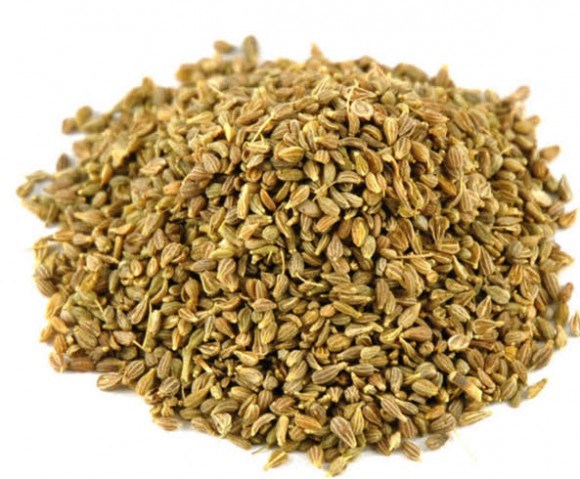
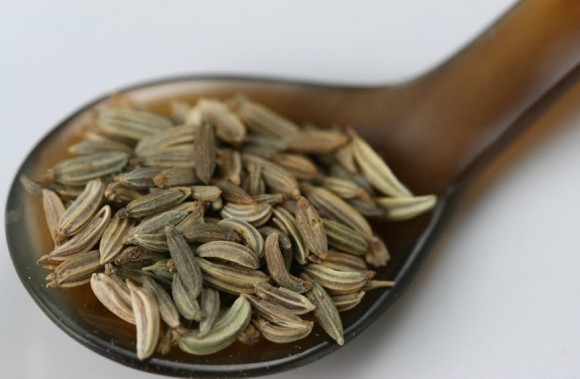
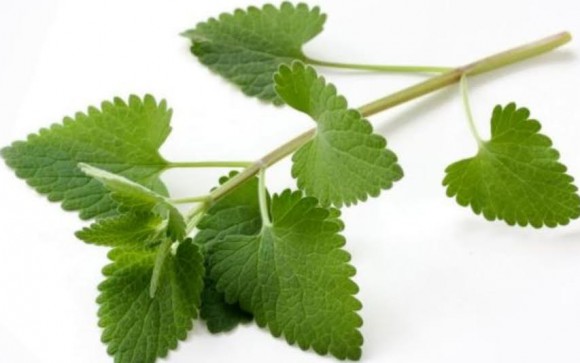
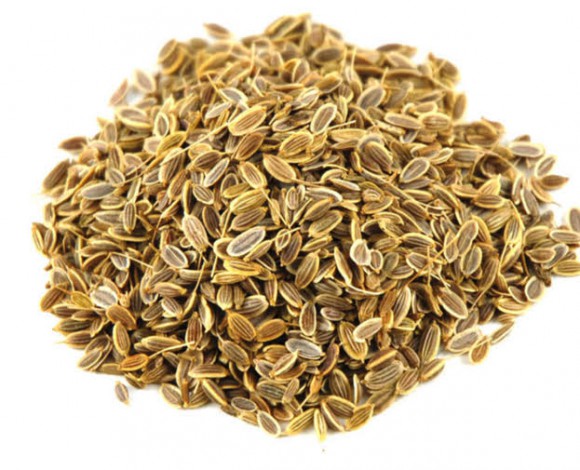
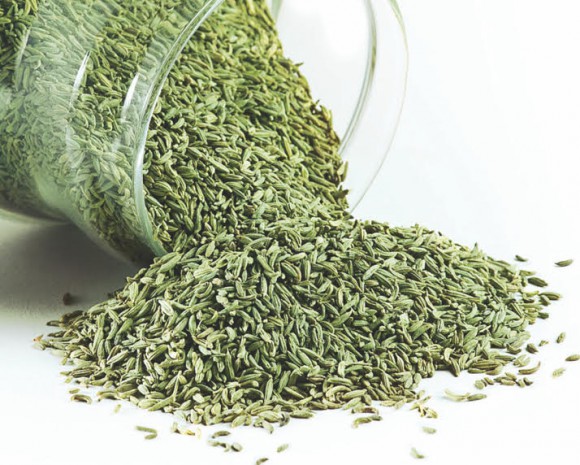
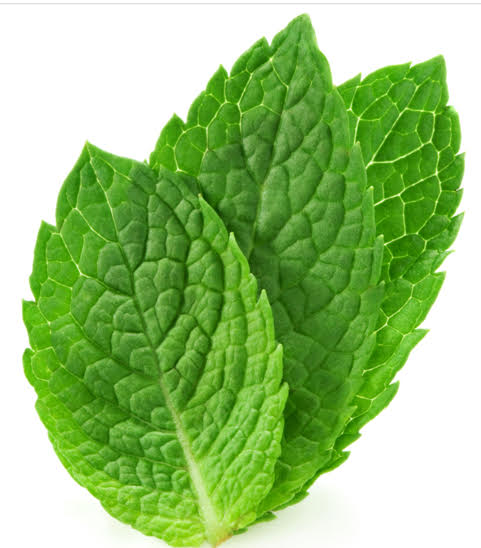
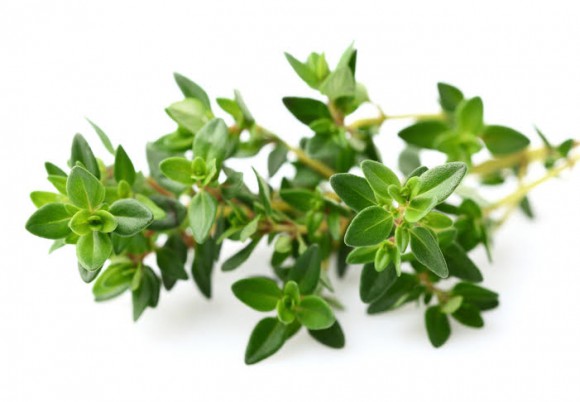
Hi Dylan,
I found this post pretty interesting and helpful. I am into organic and natural remedies and there are some herbs on your page that I didn’t realize give great benefits.
What are some of your favorites? Are they expensive? Any information you have would be helpful to me.
Thanks in advance
It really depends what I need done. Peppermint is really really helpful. And many herbs are really inexpensive and some are expensive. Check out starwest for prices
Pingback: 24 Fennel Seed Benefits, How To Take And Side Effects - Perfect Health At Home